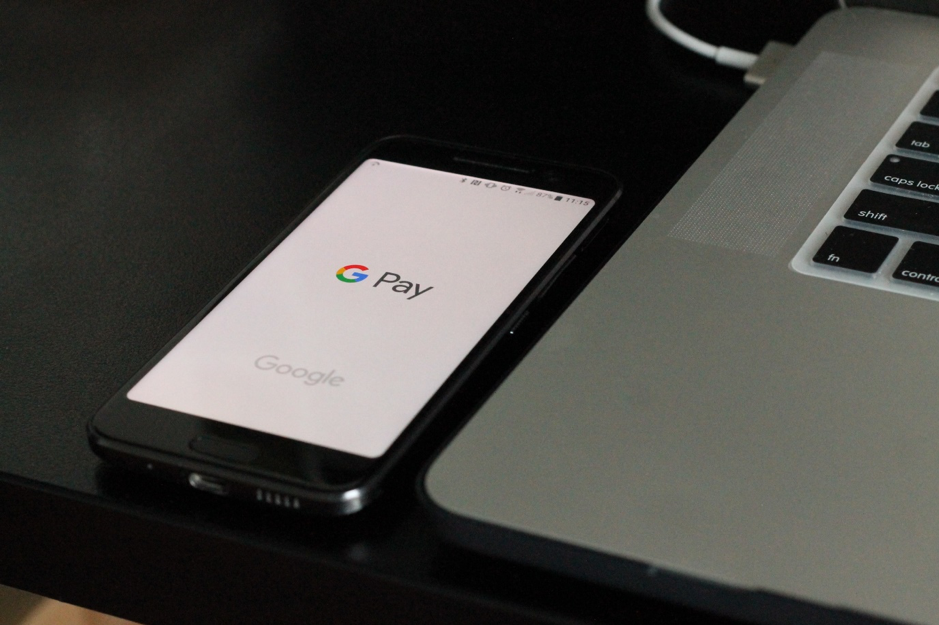Contents
Just like any other field, app development has to maintain its pace with other developments such as the changing demands of users from apps. In the early times, an app’s functionality was limited. However, as time has passed, app development has become sophisticated, meeting varying user needs, including requirements for diverse functionality and better user experience.
This makes it easy for us to question the latest changes in android app development. After all, what is it that the Android world is up to lately? Common sense tells apps have grown in variety, offering a portable solution to everything. For instance, banking was originally a matter strictly handled behind closed doors of banks. Gradually, it took to the online sphere, allowing transactions via websites. Now, however, apps offer significant convenience as they allow bank transactions on portable devices.
So, without further ado, let’s dive into changes prevalent in android app development in the present times:
#1 In-app payments
E-commerce applications are booming as online shopping is gaining popularity. On Cyber Monday in 2018, over half, 54% to be accurate, visitors came from mobile devices. 30% of all the purchases were from mobile gadgets. This explains that the demand for e-shopping has increased.
And, no. Users don’t want to log into their accounts on their desktops to place an order. Instead, they prefer to pay with a few clicks on their applications as is evident by the data shared above. This brings us to in-app payments, a growing change in Android app development.
About seven years ago, Google Wallet was introduced. It relied on NFC technology to support in-app purchases. Some two years back, an advanced version, Android Pay, was introduced.
It supports transaction of a large amount of cash safely via apps. In this context, app developers need to be mindful of facilitating in-app payments while ensuring the security of data, which brings us to our next point.
#2 Increased app security
Mobile devices are home to lots of personal data, including bank account details. Users rely on app and software developers to offer the best security possible to prevent information leakages and mishandling of personal information.
In this regard, Google has amped up the security of its operating system. However, this responsibility also falls squarely on the shoulders of Android app developers. Therefore, the present landscape is dotted with attempts of improving security and safeguarding user information.
Three changes that have been specifically announced are:
- Android apps are to be made on 64-Bit versions instead of 32-bit version as of August 2019
- All new apps and app updates are to be made in alignment with the Android API level. The goal behind this is the improve app performance as well as security
- Google is also adding security metadata atop APK from the first half of 2018. This helps boost the authenticity of an app during the verification process
#3 Artificial intelligence assistants on Android
Voice search in on the rise. Not only smart homeowners but Android app owners expect to be able to use voice in their interactions with technology. These voice assistants are springing up throughout various industries.
In particular, game developers are introducing numerous AI-powdered voice features so that gamers can get a rich experience of real-world gaming entertainment. Consider the example of Airg spam-free apps. These apps are incorporating algorisms to overcome the security challenges and cater to the latest evolving trends that the gamers will love.
#4 Enhanced in-app search
In-app search relates to the availability of the search feature on an app as its name suggests. In other words, a user can look up the content that he needs on the app using only a keyword.
The feature is geared towards providing the needed info even without an internet connection. Keeping this in mind, android app developers need to be thoughtful about adding a regular search bar that is available round the clock, irrespective of internet availability. This change applies to both the upcoming new applications in the Google Play Store and the existing apps.
#5 The rise of instant apps
Instant applications are those that allow users to use an uninstalled app on their phone in circumstances when the internet connection is poor. Such slow internet connection hinders the installation of an app from Google play. In such a case, instant apps offer quick access to applications on the Android OS.
Downloading instant apps is a one-click affair. The complete app is downloaded in part; the full download completed only with proper internet connectivity. This is another change surfacing at the horizon of android app development. And it’s one that is peppered with challenges.
App developers are at risk of loss as the person using the instant app may not be participating with new app updates. He may also not be using the app actively, which can lead to a decline in the developer’s revenue. Plus, with the increase in web traffic, Google is likely to take a sizeable chunk of the app developer’s revenue.
#6 Key takeaways
Numerous changes in android app development are showing up. These are mainly a result of the changing user requirements. To recap quickly, preferences for online shopping have set the need for secure in-app payments. Since mobile devices are packed with a lot of sensitive, personal information which has resulted in the second change of enhanced app security.
Thirdly, poor internet connectivity has encouraged the rise of instant apps, albeit not free from challenges. Lastly, enhanced app search and AI-powered voice search are also bringing change in android app development.

